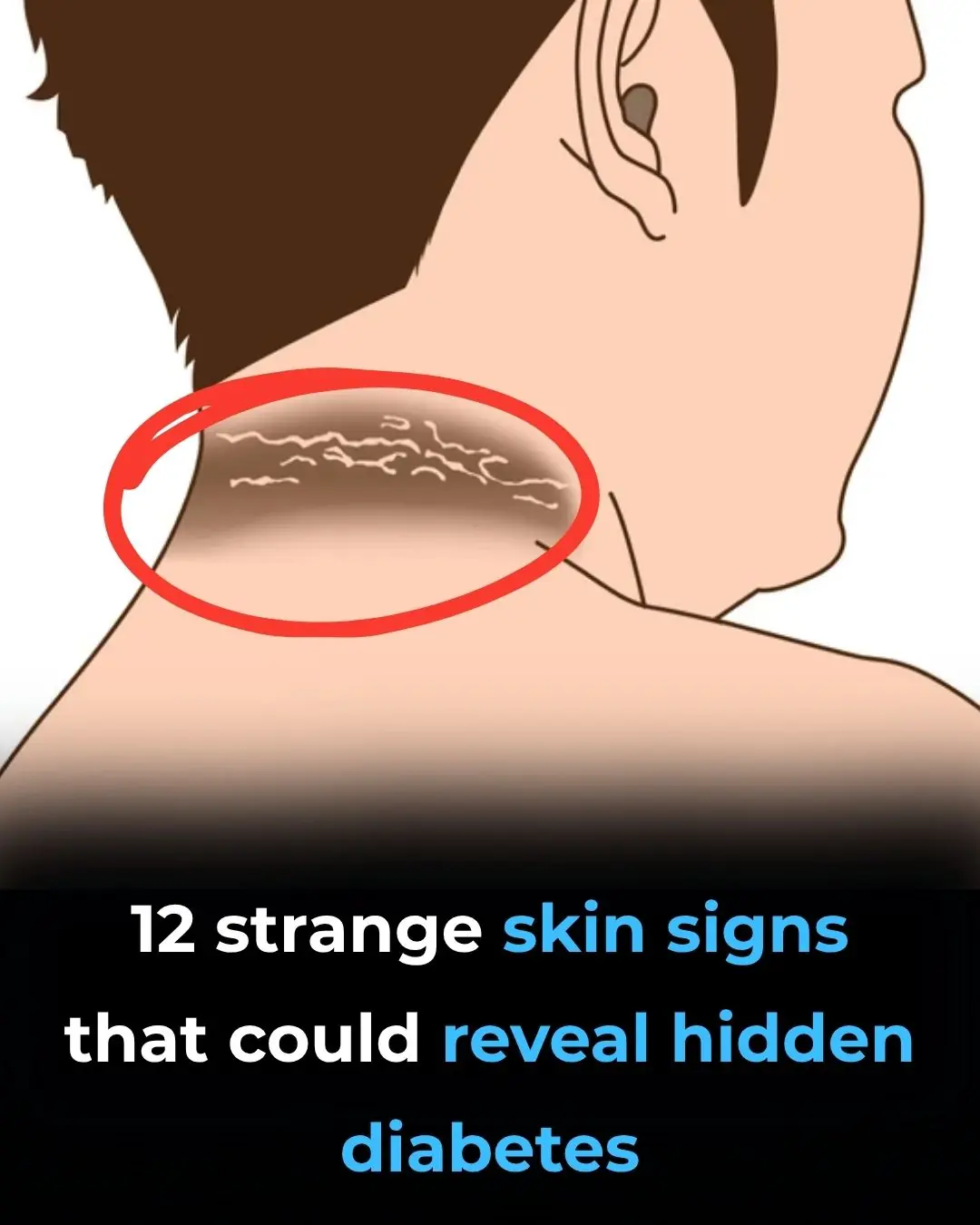
15 Silent Signs You’re Dangerously Low on Vitamin B12
15 Silent Signs You’re Dangerously Low on Vitamin
Are you constantly battling a deep exhaustion, or perhaps struggling with unexplained neurological symptoms like memory lapses or persistent tingling? You might blame stress or aging, but the root cause could be a simple, yet critical, deficiency in Vitamin (Cobalamin).
This powerhouse nutrient is essential for nerve health, brain function, and red blood cell formation. Because your body can store for years, a deficiency can creep up slowly with subtle, often misdiagnosed symptoms. Recognizing these early signs is crucial for preventing long-term nerve damage.
Key Takeaways
-
What is Vitamin ? A crucial nutrient for healthy nerve tissue, brain function, and the production of red blood cells and .
-
Why Deficiency Happens: It's most common in vegans/vegetarians, older adults, and individuals with digestive issues (like those with pernicious anemia) that impair absorption.
-
Common Symptoms: The signs are usually neurological (pins and needles, memory issues) or related to anemia (fatigue, paleness).
-
What to Do: If you suspect a deficiency, consult your doctor for a simple blood test. Symptoms are often reversible with timely supplementation.
The Subtle Warning Signs of Low
8. A Sore, Smooth, Red Tongue (Glossitis)
Take a moment to inspect your tongue. A healthy tongue is covered in tiny, bumpy papillae. With a deficiency, you may notice your tongue becomes unusually sore, swollen, and red—a condition known as glossitis. The papillae may disappear, giving the tongue an unnatural, smooth surface. You might also experience a burning sensation or changes in how food tastes, a direct result of the deficiency impacting the health and turnover of cells.
9. Increased Anxiety or Depression
Your mental health is deeply linked to your body's chemistry. plays a critical role in synthesizing essential brain chemicals, including the mood regulators serotonin and dopamine. When levels are low, this delicate balance can be disrupted, potentially leading to or worsening feelings of anxiety, irritability, and depression. If mood changes seem to have no clear external cause, it's wise to investigate physiological factors like a vitamin deficiency.
10. Dizziness and Vertigo
Feeling lightheaded or dizzy, particularly when standing up quickly, can be a subtle but unsettling sign. These dizzy spells are often a consequence of the anemia caused by low . Your brain isn't receiving the steady, adequate supply of oxygen needed to maintain your sense of balance, resulting in these fleeting moments of instability. This symptom is often overlooked, especially in older adults where it might be attributed to other age-related issues.
11. Pale or Jaundiced Skin
If family or friends comment that you look unusually pale, low may be the reason. A deficiency leads to a shortage of healthy red blood cells, robbing your skin of its rosy, healthy color. In more severe cases, your skin and the whites of your eyes may take on a yellowish tint, a sign of jaundice. This occurs when the fragile, misshapen red blood cells produced during a deficiency break down too easily, releasing a yellow pigment called bilirubin that builds up in the body.
12. Forgetfulness and Brain Fog
Do you find yourself struggling with a persistent mental cloudiness, difficulty finding the right words, or a noticeable decline in short-term memory? The brain is an incredibly oxygen-hungry organ. The same lack of oxygen-rich red blood cells that causes fatigue can significantly impair cognitive function. In older individuals, these symptoms can be tragically mistaken for early signs of dementia, when they may actually be reversible with supplementation.
13. Persistent Pins and Needles
This symptom, known as paresthesia, is a classic neurological hallmark of a deficiency. is essential for maintaining the myelin sheath, the protective fatty layer that insulates your nerves. Without sufficient , this sheath degrades, leading to nerve damage that disrupts the normal signaling between your brain and body. This causes strange sensations like tingling, numbness, or even "electrical zaps" in your hands, feet, or other extremities.
14. Loss of Muscle Strength
If carrying groceries or performing daily tasks feels unusually challenging, it might not be a lack of exercise. Just as low starves the body of energy, it also starves your muscles of adequate oxygen. Without efficient oxygen delivery, muscle cells cannot perform efficiently, resulting in a noticeable decrease in strength and endurance.
15. Pervasive Fatigue
This is more than just normal tiredness; it's a deep, persistent exhaustion that doesn't resolve even after a full night's sleep. is key to energy production because your body needs it to create red blood cells. A deficiency reduces the number of healthy oxygen-carrying cells, leading to megaloblastic anemia. When your tissues and organs don't get the oxygen they need, the result is a profound, debilitating sense of lethargy.
If you recognize several of these subtle symptoms, it's important to discuss the possibility of a deficiency with a healthcare professional. Would you like to know more about the best food sources of Vitamin or the common causes of this deficiency?
News in the same category


Doctors REVEAL that guava leaf tea causes in...
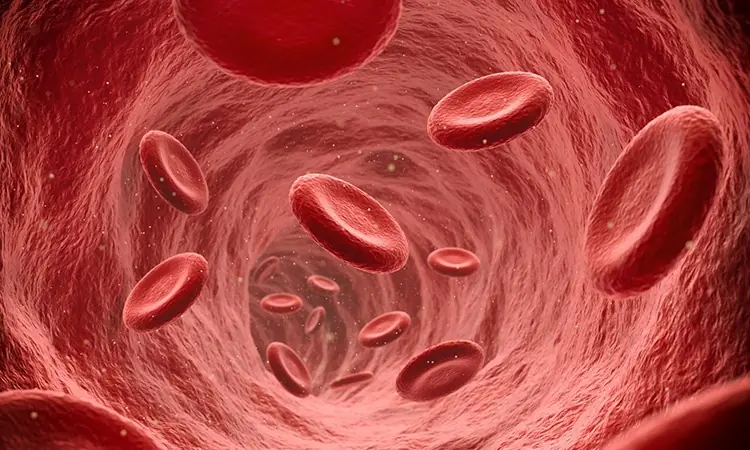
Simple Ways to Lower Cholesterol Naturally

10 Simple Lifestyle Changes That Drastically Reduce Your Stroke Risk

Ginger and Red Date Tea: The 97-Year-Old Grandma’s Secret Longevity Drink

How to Remove Age Spots Naturally with Lemon Juice
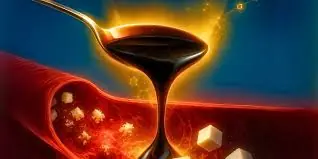
Molasses Stops Insulin Resistance Almost Immediately — Here's How to Use It

The Potassium Powerhouse: What Eating Bananas Daily Does to Your Blood Pressure
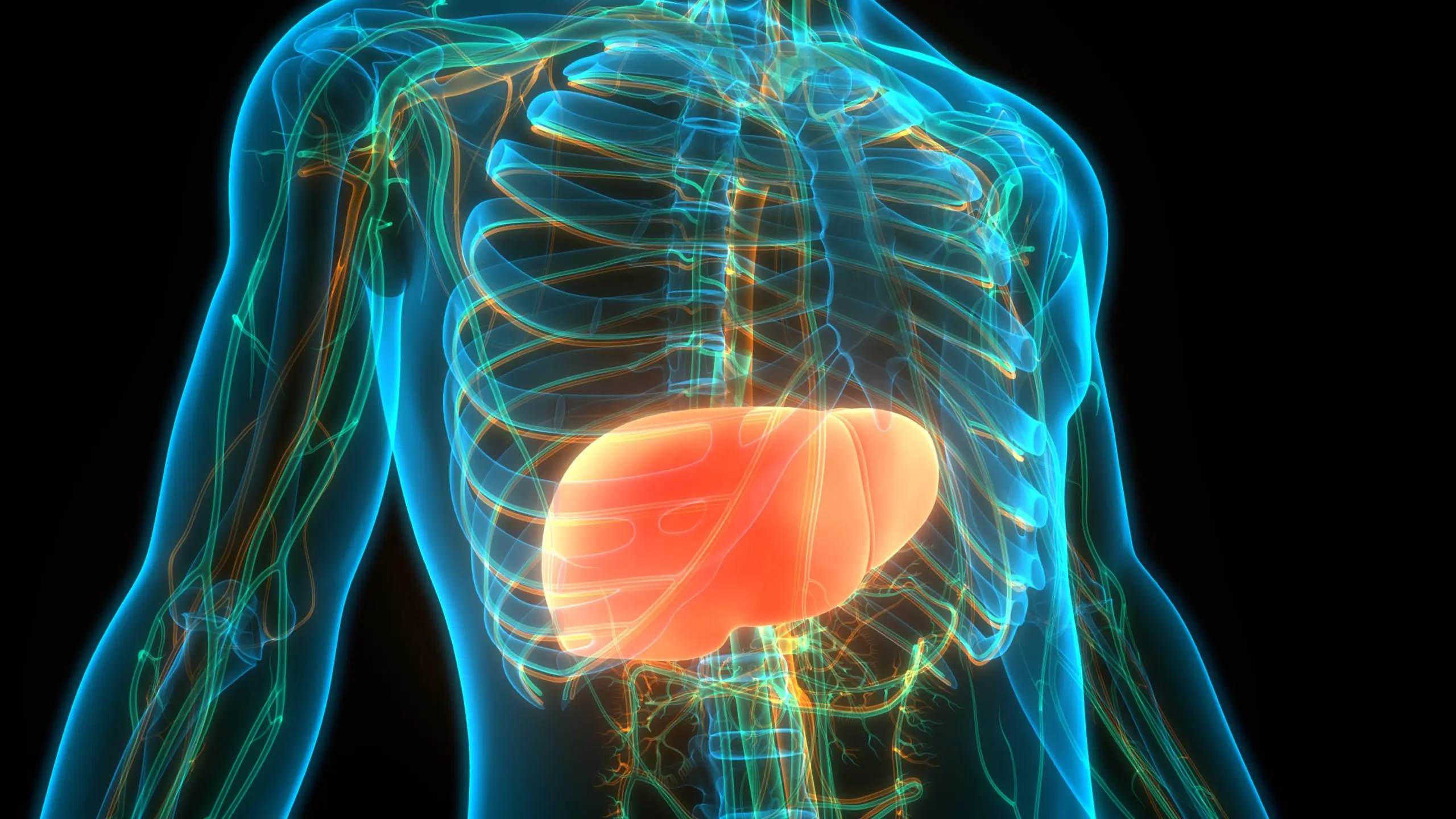
A Powerful Two-Ingredient Mixture for Cleansing Your Liver
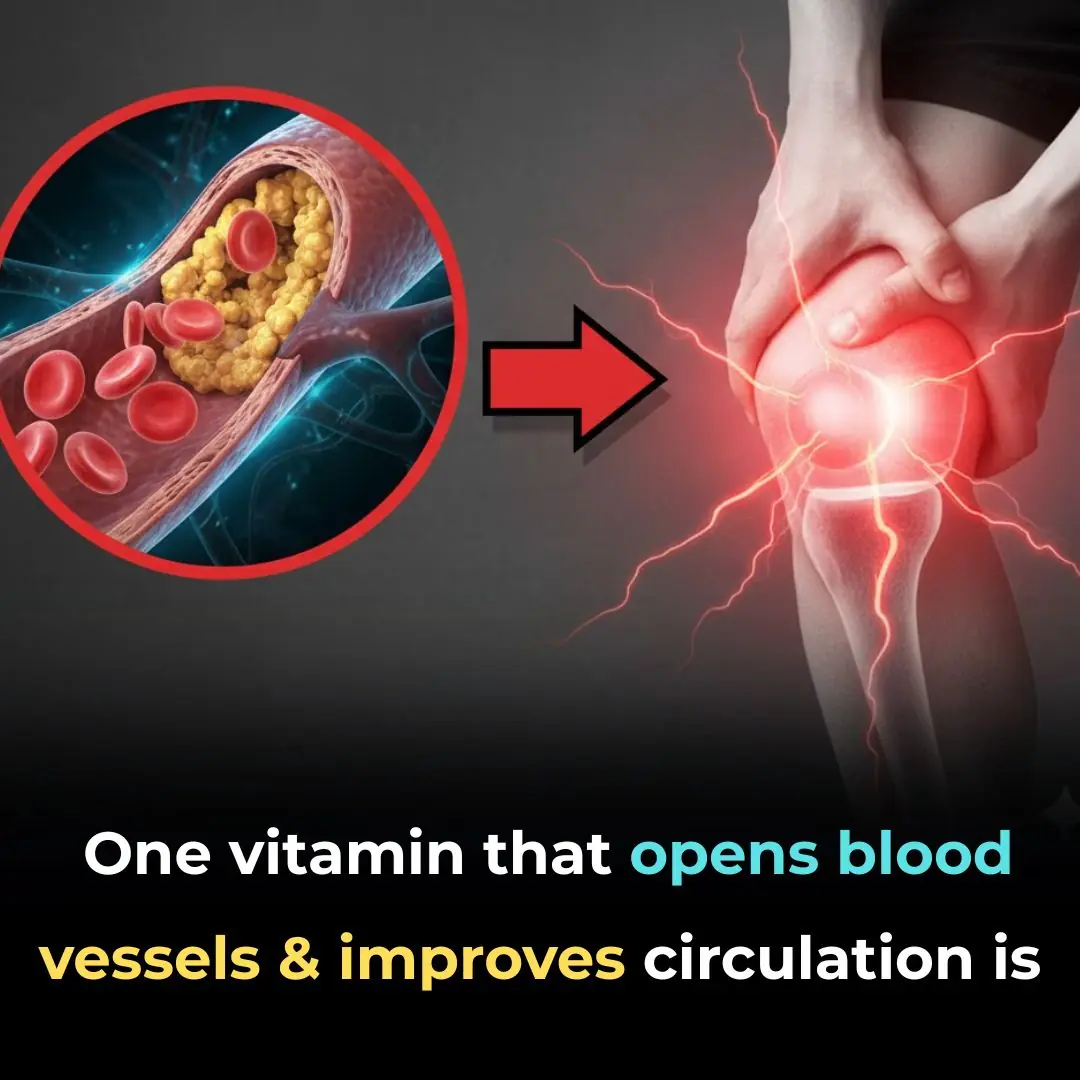
One Vitamin That Could Transform Your Circulation

White Bumps on Your Face Don’t Try to Remove Them
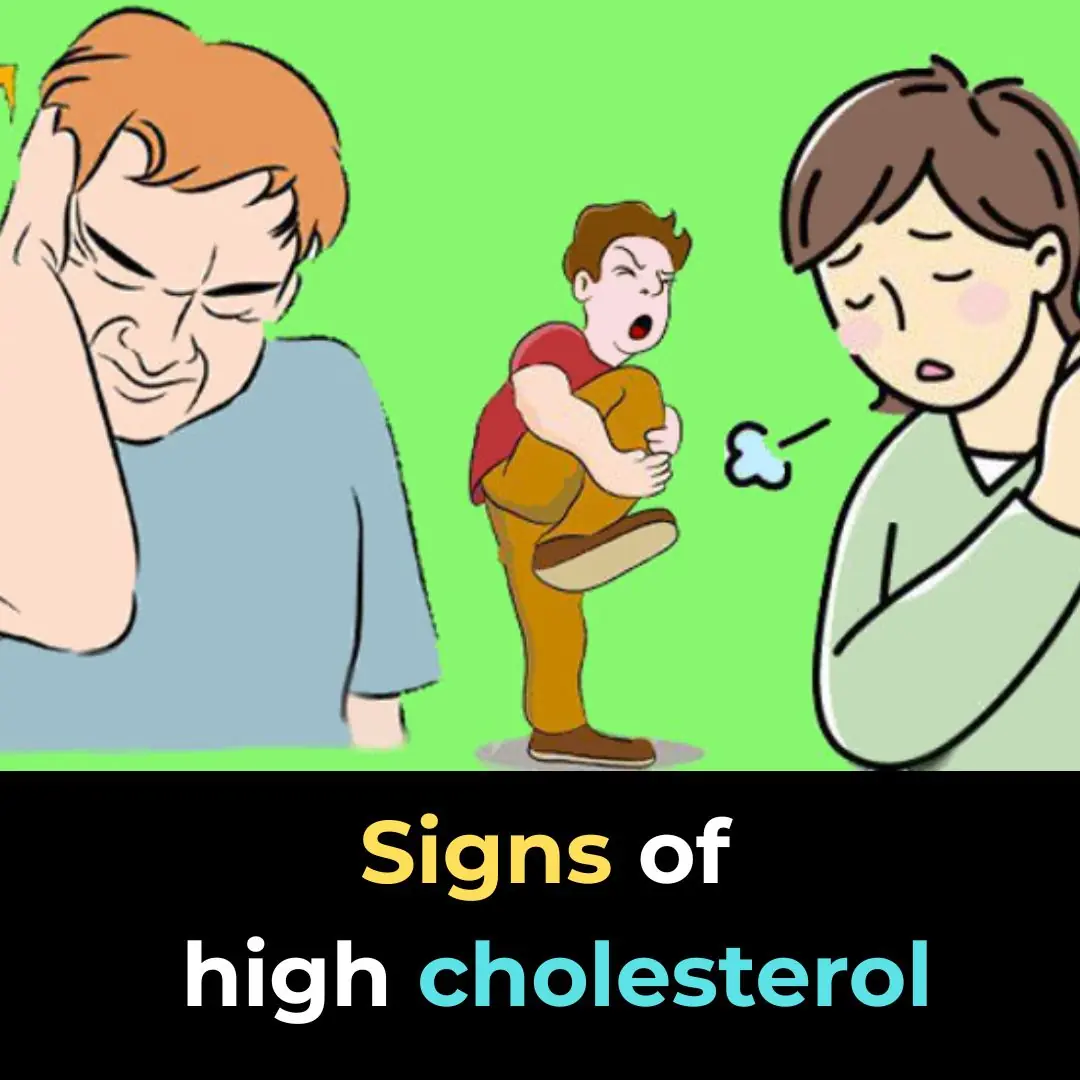
Signs and Symptoms That May Indicate High Cholesterol Levels
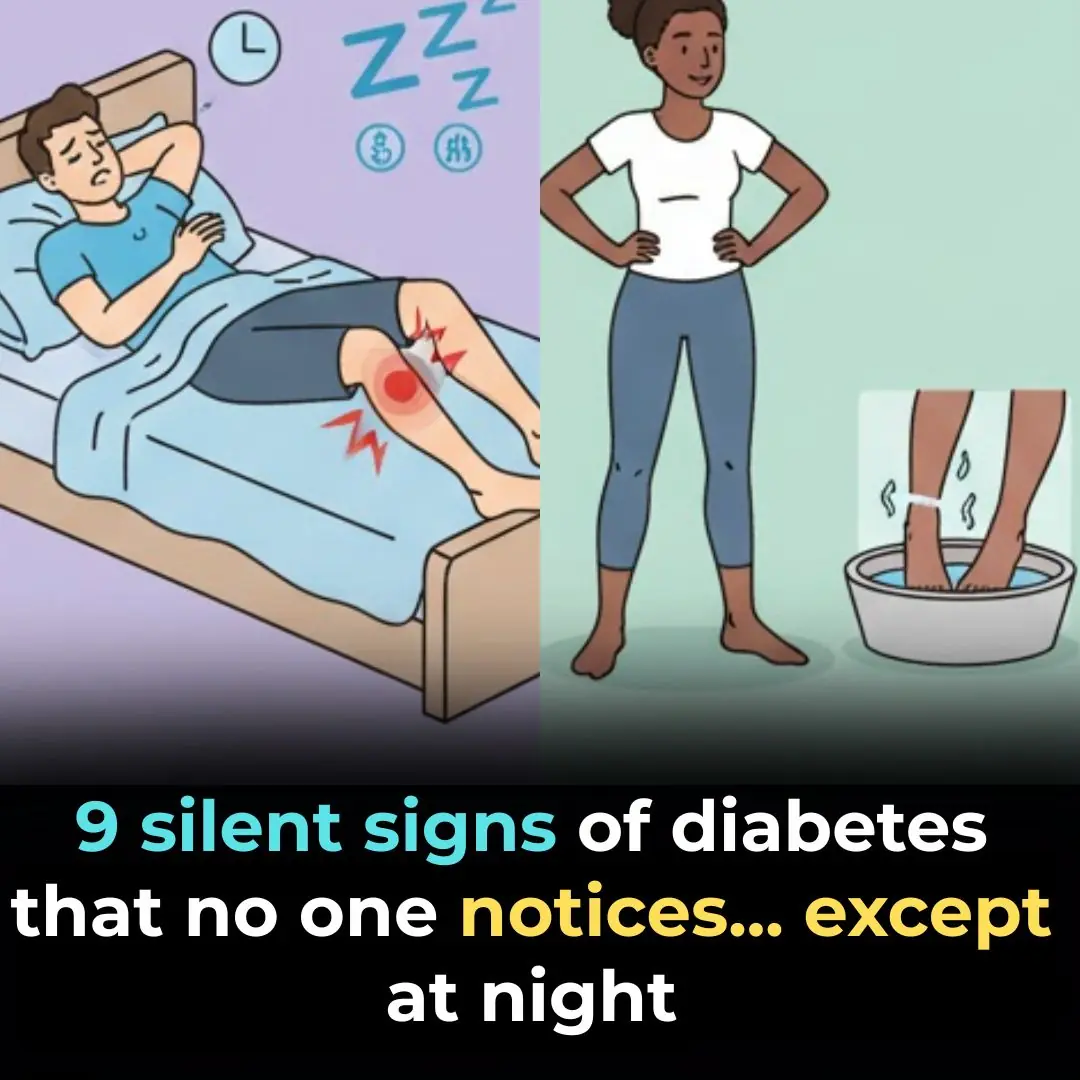
9 Signs of Diabetes That Appear at Night: What You Need to Know!
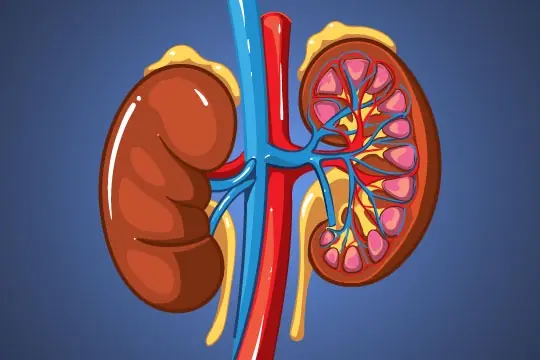
Healing Kidneys Naturally with Herbal Leaves: Supportive Strategies

If Bruises Keep Showing Up Out Of Nowhere This Is What It Means for Your Health

8 EARLY WARNING SIGNS OF OVARIAN CANCER WOMEN SHOULD NEVER IGNORE THESE

6 Ways Coconut Oil Can Benefit Those With Thyroid Problems

Top 5 Drinks To Improve Vision Naturally (Science-Backed)

12 Surprising Skin Changes That May Signal Diabetes (A Must-Know Guide)
News Post

Just Add a Few Drops of This When Frying Eggs — They Puff Up Fluffy and Soft, Two Eggs Seem Like Four

KISS legend Gene Simmons, 76, hospitalized after scary car crash in Malibu

Pick your wing to reveal who your guardian angel is

Little Button on Your Seat Belt

Papaya Leaves: Do Not Make This Hair Treatment if You’re Not Ready for Extreme Hair Growth

Kylie Kelce has the best reaction to Taylor Swift’s raunchy ‘Wood’ song about brother-in-law Travis

DIY Tomato and Turmeric Cream for Glowing Skin and Pink Lips

50 Cent's extreme body transformation left people questioning whether it was actually real

NASA astronaut going to the Moon next year reveals bizarre act he plans to do moments before takeoff

12 Weird Diabetes Skin Problems You Need To Know

Doctors REVEAL that guava leaf tea causes in...

Simple Ways to Lower Cholesterol Naturally

The Greyhound and the Rabbit: An Unlikely Pair That Proved Love Has No Boundaries

10 Simple Lifestyle Changes That Drastically Reduce Your Stroke Risk

How the sandstone pillars of Monument Valley were actually formed

Four Boys, One Dog, Endless Courage

20+ Iceland Photos You Won’t Believe Are From This Planet

The Cop Who Fixed a Taillight and Lost Everything.

Ginger and Red Date Tea: The 97-Year-Old Grandma’s Secret Longevity Drink

